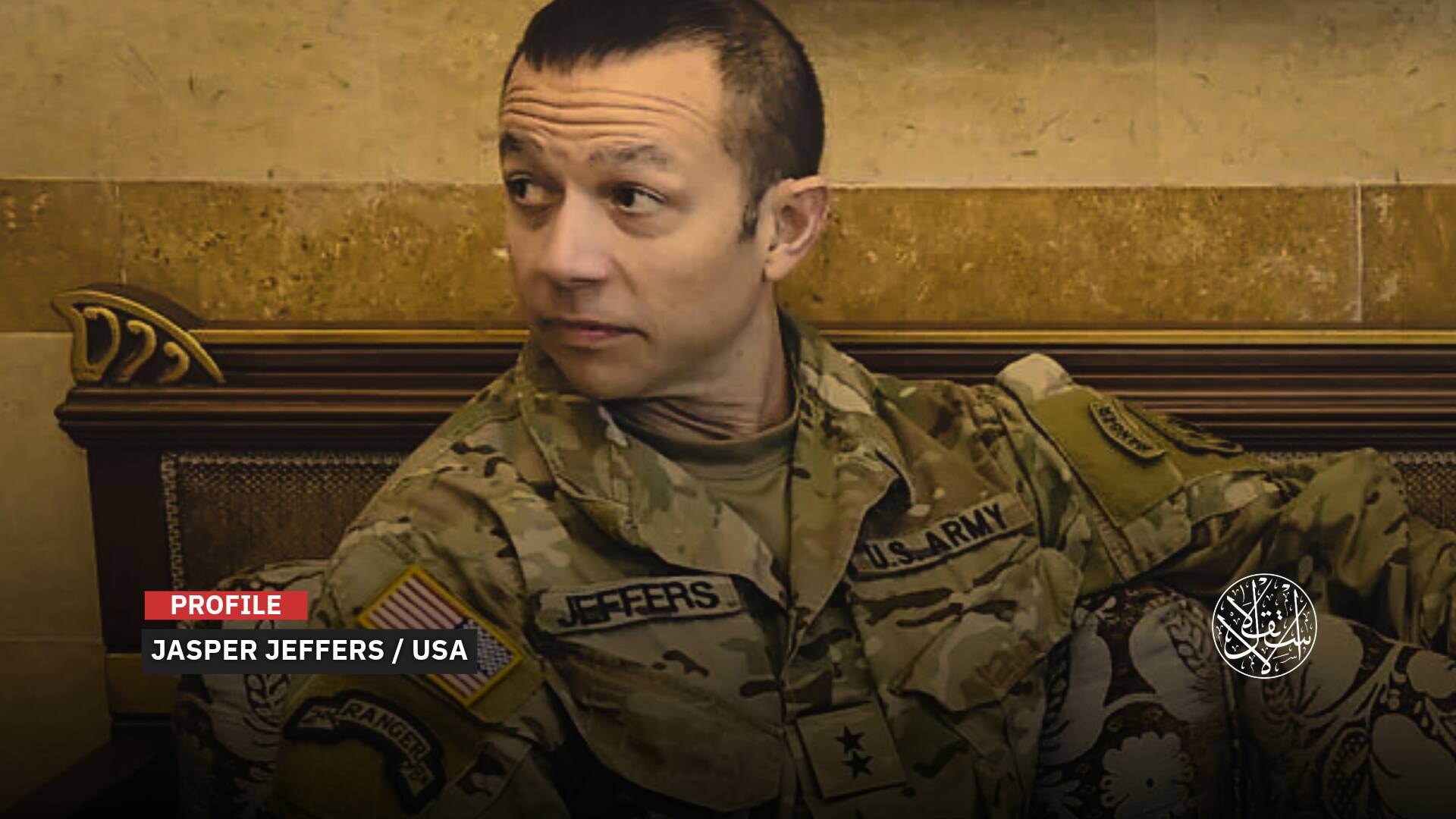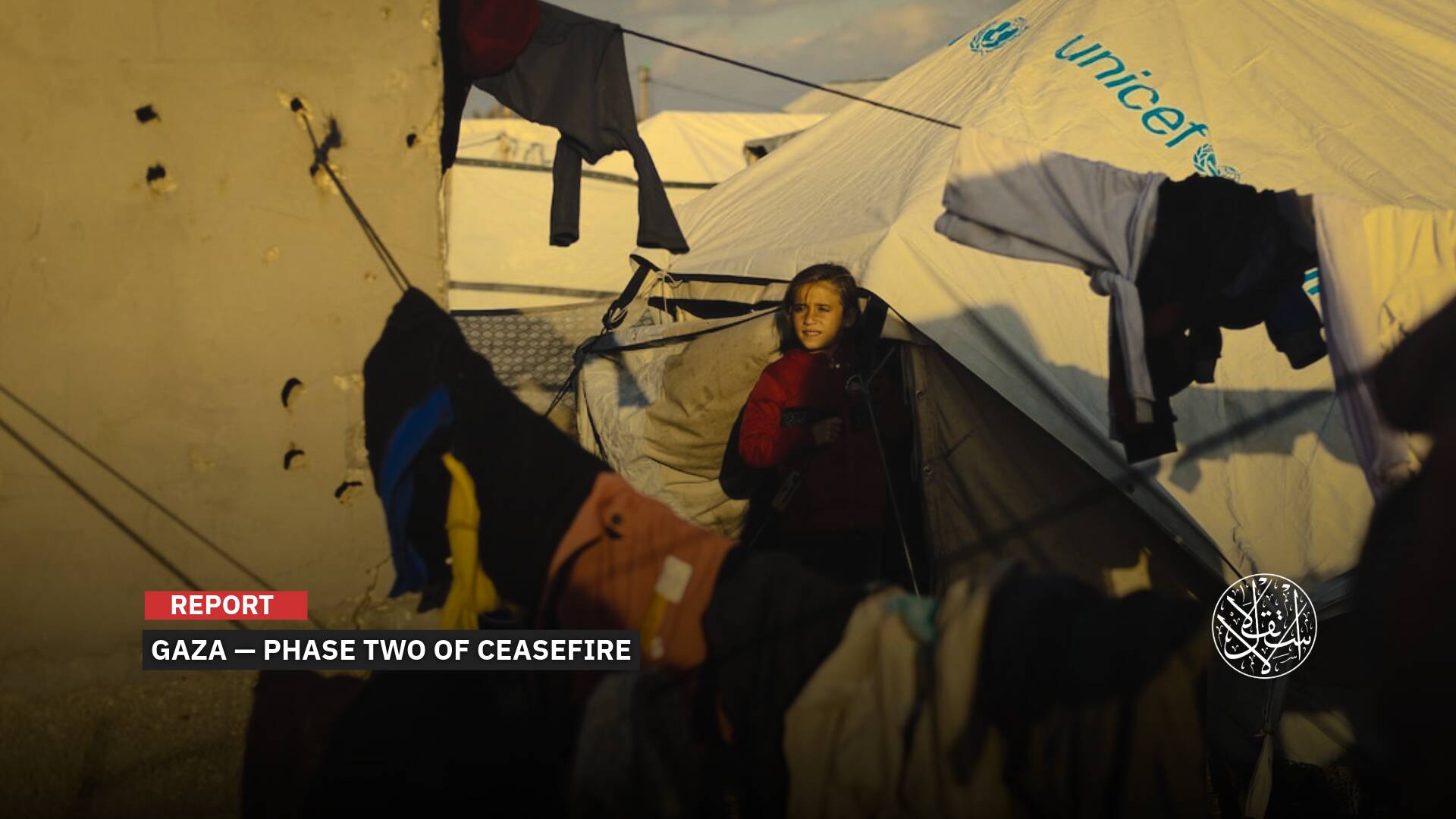Shooting Clubs: A Hotbed for the Far-Right Danger in Germany

The tendency to use violence is increasing in Germany. Figures reveal that gun murders claim the lives of 155 people annually and that they have become more dangerous and capable of shaking society.
It seems clear that extreme right-wingers have become an imminent security threat to society. Experts demand the authorities to deal seriously with the increase in weapon possession permits granted to them through appropriate procedures and legislation, especially since reports indicate that about one million people in Germany own more than 5 million guns.
Three leading human rights organizations in Germany said, on November 29, that the country's government has not done enough toward combating racism and right-wing extremism in the country.
This came in a joint statement issued by the Amadeu Antonio Foundation, the Congress of Migrant Organizations (BKMO), and the Human Rights Group (BMB).
The statement stressed that the far-right and its groups constitute the greatest threat to democracy and security in Germany.
Human rights organizations called on the German government to take stronger measures to prevent attacks targeting refugees, migrants, Jews, and Muslims.

Extremism and Hostility
How widespread are far-right perceptions and hostility to democracy in Germany? An extensive study by the University of Leipzig entitled Autoritäre Dynamiken in unsicheren Zeiten (The Dynamics of Authoritarianism in Troubled Times) answered this.
Based on opinion polls that have been conducted every two years since 2002, a team of researchers led by Oliver Decker and Elmar Brahler at the Center for Research on Right-Wing Extremism and Democracy wanted to find out how stable Germany's political system was.
The conclusion was that the support for extreme right-wing statements has declined throughout Germany, especially in the east of the country, as there are still only 2 percent of the population of East Germany (formerly) who have an extreme right-wing view of the world in the Nazi ideological sense—in 2020 it was about 10 percent. That's good news, but it's only half the picture, Decker said.
At the same time, his colleague Brahler added that the resentment against those who are seen as different has increased. On the other hand, xenophobia increased in eastern Germany from 27.8 percent to 31 percent.
In western Germany, hostility to foreigners decreased from 13.7 percent to 12.6 percent. And 40 percent of Germans in the east of the country believe that Germany "has become very strange because of the large number of foreigners," and this is what about 25 percent of Germans in the west of the country see.
The ARD broadcasting network recently quoted a report prepared by the German domestic intelligence services indicating that 350 far-right members who call themselves Reich citizens and believe that the Federal Republic of Germany is not a legitimate state are training in shooting in specialized clubs in the country and abroad.
Among them are members of parties such as the Identity Movement, the Alternative for Germany party, which includes deputies in the federal and state parliaments, and others belonging to banned militant groups such as Blood and Honor.

Shooting Training
Security reports had confirmed that the perpetrator of a murder in Hanau, and the perpetrator of the assassination of politician Walter Lubcke on June 2, 2019, had visited shooting clubs before the two crimes.
The DNI report also noted that 35 percent of right-wing extremists who visit shooting clubs do not have a permit to carry a gun and are known to the police. It added that the figures on politically motivated crime highlight the danger that far-right visits to shooting clubs can pose.
The internal intelligence report pointed out that shooting ranges outside Germany are particularly popular, as they largely evade the official controls imposed by the country and provide more options for shooters in terms of the diversity of weapons in Bulgaria, France, Poland, and the Czech Republic, knowing that it is possible to train in Bulgaria to use Fully automatic machine guns, tactical combat shooting in Poland.
The report indicated that people who do not have licenses to carry weapons want to travel to distant places to carry out their activities. In Bulgaria, German right-wing extremists like to combine shooting and participating in the annual Lukov march hosted by the capital, Sofia, in February.
In the midst of these disturbing reports, the spokesperson for the domestic policy of the Green Party parliamentary bloc criticized the fact that neo-Nazis were trained in weapons, and noted that the law allows people classified as far-right to train in shooting ranges, like all German citizens, unless the authorities prohibit one of them from using weapons for individual reasons.
To better control active-shooting courses, calls were raised for amending EU laws on firearms possession, which are not regulated at the European level since hunting and shooting areas are regulated by federal states.

Political Debate
Many NGOs insisted on restricting the possession of weapons after the crimes of recent years showed that this matter is very necessary, while the researcher at the Technical University of Dresden, Dagmar Ellerbrock, considered that the possession of weapons is not a right but rather a privilege granted to a distinct and specific group that must be qualified for that.
They called for the adoption of clear rules and security checks for visitors to shooting centers in order to ensure that right-wing extremists do not learn to use military weapons. In the future, we need to impose rules that do not allow the practice of shooting except after undergoing a prior test.
In general, if a person wants to possess a weapon, they must obtain a license. As for someone who wants to train on weapons in a shooting range with borrowed rifles, he does not need that.
Weapons law expert Andre Bouchet explains that people who cannot buy a licensed gun because they have a criminal record can practice shooting at shooting ranges, and the law does not require shooting club operators to keep records of visitors and training schedules.
German Interior Minister Nancy Weser announced her intention to conduct a review of the gun possession law and confirmed that ministry officials are currently working on drafting a law that implements what was agreed upon in the ruling traffic lights coalition paper.
The most important thing remains for the German Parliament (Bundestag) to consider the challenges, including how to make license holders more committed, enhance the ability to control their activities, enhance the means to withdraw larger quantities of illegal weapons, and prevent access to deadly weapons for those who should not possess them.











